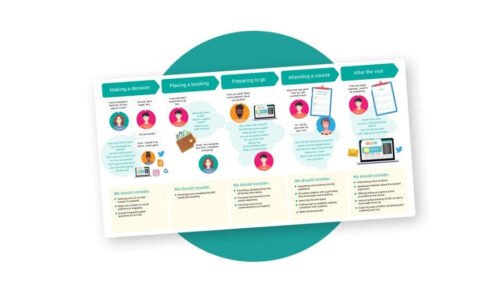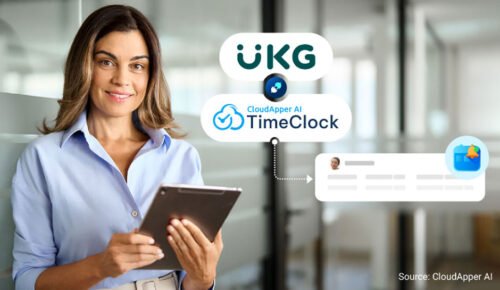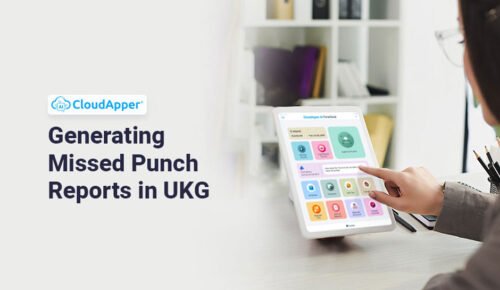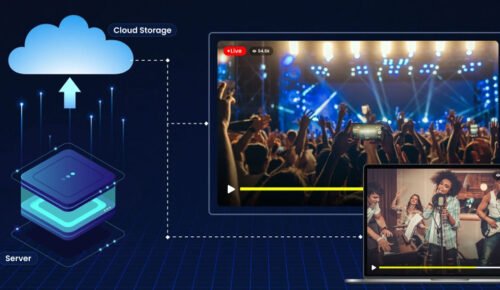Introduction
Businesses are continually seeking ways to fine-tune productivity, and one of the most practical approaches is adopting smart systems to track employee time. Far from being a one-dimensional tool for monitoring attendance, these systems deliver actionable insights that drive substantial improvements in performance and operational flow. When organizations invest in platforms that can accurately track employee time, they empower teams and managers with real-time data to streamline processes and foster a culture of productivity.
Embracing smart time tracking supports much more than just regulatory compliance. It helps optimize workforce management by enabling better resource allocation, identifying productivity patterns, and uncovering inefficiencies. The ripple effect is felt throughout the entire organization, resulting in reduced wasted time, increased job satisfaction, and stronger business outcomes. Successful implementation means an organization can transition from reactive management to a proactive, data-informed environment.
Moreover, leveraging smart time tracking technology is not just about improving individual output—it’s about building transparent and collaborative teams. When employees are given visibility into their hours and projects, trust increases and communication improves. In today’s digital workplace, the ability to accurately and effortlessly track employee time offers a critical advantage for staying competitive and agile.
This article examines the fundamental ways smart employee time tracking systems enhance productivity, from driving efficiency and empowering staff to facilitating a healthy work-life balance and streamlining essential administrative operations.
Boosting Efficiency Through Accurate Time Tracking
Precise tracking reveals exactly where time is being spent, minimizing guesswork and allowing organizations to focus improvement efforts where they’re most needed. With detailed visibility into daily activities, managers can quickly identify process inefficiencies, such as tasks or meetings that consistently run long or unnecessary bottlenecks that trip up project timelines. This intelligence enables the organization to refine workflows and cultivate a results-focused culture. According to Big News Network, time tracking software provides detailed insights into how work is being done, helping managers identify bottlenecks and inefficiencies and make better business decisions.
Enhancing Employee Engagement and Autonomy
When employees have access to their productivity data, they gain meaningful insight into how they work. The transparency of smart time tracking systems helps foster a sense of accountability and ownership over results, motivating individuals to strive toward personal and team performance goals. This autonomy fosters a culture of self-management, which has been proven to boost engagement and morale. Employees are more likely to adapt their work patterns, take initiative, and identify innovative ways to improve outcomes when they can measure progress and see tangible results from their efforts. Research shows that organizations focused on employee autonomy tend to see higher retention, stronger engagement, and greater overall satisfaction.
Facilitating Work-Life Balance and Preventing Burnout
Maintaining a sustainable pace of work is crucial for long-term productivity and employee well-being. Smart time tracking systems are instrumental in identifying excessive overtime or persistent after-hours work that can lead to chronic stress and burnout. By keeping a close eye on workload distribution and time allocation, organizations can encourage healthier habits such as regular breaks and predictable schedules. Promoting these practices isn’t just beneficial for workers—it also reduces turnover and absenteeism, which translates to significant cost savings and more cohesive teams. As noted by the Anxiety and Depression Association of America, unaddressed burnout can severely impact both organizational performance and employee health, making proactive time tracking an essential strategy.
Data-Driven Decision Making
Access to reliable, real-time tracking data enables leaders to make more objective decisions regarding staffing, project timelines, and resource allocation. Rather than relying on subjective reports or rough estimates, management can draw on concrete evidence to prioritize initiatives, forecast workload, and pinpoint areas that require support or optimization. For example, a department struggling with capacity can be identified before larger problems emerge, and custom training or additional resources can be directed where they’ll be most effective, ensuring strategic goals are met with precision and agility. This level of clarity is vital for navigating change and maintaining a strong competitive edge.
Streamlining Billing and Payroll Processes
Accurate time records are the foundation of fair payroll and billing. Automated systems drastically reduce the time and errors associated with manual data entry, ensuring that compensation aligns precisely with hours worked and that clients are billed correctly for services rendered. This not only improves operational efficiency but also fosters trust between management and staff, as well as with customers who rely on precise invoices. Streamlined processes mean reduced administrative costs, fewer disputes, and faster payment cycles, all of which benefit the business’s bottom line and overall reputation.
Promoting Accountability and Performance Management
Smart time tracking provides both a bird’s-eye view and granular insights into employee contributions. Transparency is heightened—everyone from team members to upper management can see how time and resources are being allocated in real-time. This openness encourages a culture of responsibility: top performers can be recognized and rewarded, struggling staff can receive targeted support, and managers can provide actionable feedback grounded in objective data. Over time, these systems drive continuous improvement, enable fairer evaluations, and help create a positive feedback loop that motivates and enhances performance across departments.
Leveraging AI for Advanced Time Tracking
The latest advancements in Artificial Intelligence (AI) have transformed the time tracking landscape. AI-powered platforms can now auto-detect task switches, provide real-time productivity analytics, and even prompt employees to take restorative breaks if signs of overwork are detected. These innovations minimize the administrative burden of manual time entry, allowing staff to focus more energy on creative, high-value tasks. AI-driven tools also improve forecasting accuracy and can identify subtle work trends that might otherwise go unnoticed, ensuring both individuals and organizations maintain optimal productivity while mitigating risk factors such as burnout and overextension.
Conclusion
Implementing a smart, data-driven approach to time management is essential for organizations aiming to thrive in today’s relentlessly competitive landscape. By choosing to track employee time with advanced systems, businesses pave the way for deeper engagement, heightened efficiency, and greater transparency. From supporting autonomy and well-being to unlocking superior decision-making and streamlined administration, the benefits extend far beyond simple timekeeping. It’s time for forward-thinking organizations to harness these technologies and build more resilient, productive, and satisfied teams for the future.









































































































